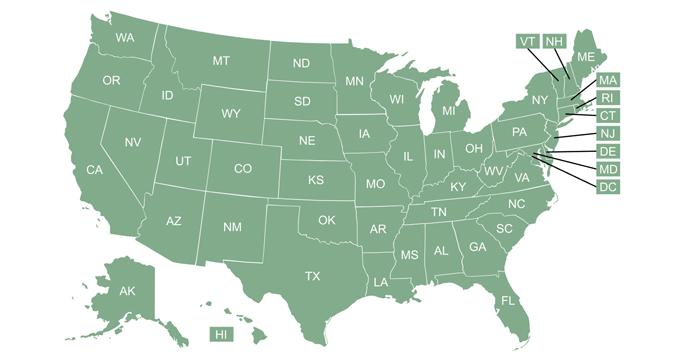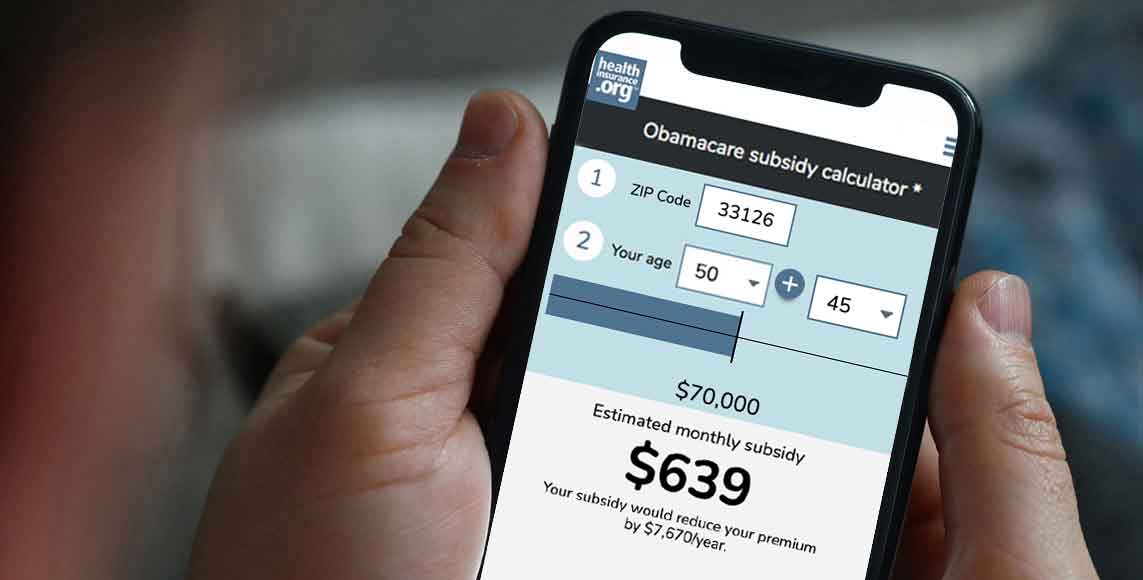
Who's paying for the ACA's Medicaid expansion? The federal government – or each state?
States will never be responsible for more than 10 percent of the cost of expansion. The federal government paid the full cost of expansion for the first three years (2014 through 2016). The federal government’s portion gradually dropped to 90 percent by 2020, and it now stays there permanently (for perspective, under traditional Medicaid, states can pay up to 50 percent of the cost).
For states that expand Medicaid, the federal funding they receive will always dwarf the amount that the state has to spend. And although states have to cover 10 percent of the cost of Medicaid expansion, their net spending can be much less than that — even negative in some cases. There are a few reasons for that:
- Medicaid expansion allows some states to shift certain populations from traditional Medicaid eligibility to the Medicaid expansion category, where the federal government pays a much larger portion of the cost.
- Medicaid expansion reduces the need for state spending on uncompensated care and mental health/substance abuse treatment for low-income residents, since fewer low-income people in the state are uninsured. It also allows states to use the Medicaid program to cover the cost of inpatient medical care for incarcerated people.
- The cost of Medicaid expansion can sometimes be offset by increased revenues for the state, including revenue from taxes/fees assessed on hospitals, medical providers, and insurers, increased tax revenue due to economic growth linked to Medicaid expansion, and premiums that some states require some Medicaid expansion enrollees to pay.
36 states and the District of Columbia have expanded Medicaid as of early 2021, and two more — Oklahoma and Missouri — will expand Medicaid in mid-2021.
Louise Norris is an individual health insurance broker who has been writing about health insurance and health reform since 2006. She has written dozens of opinions and educational pieces about the Affordable Care Act for healthinsurance.org.








